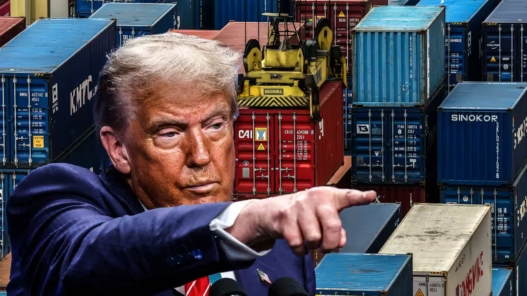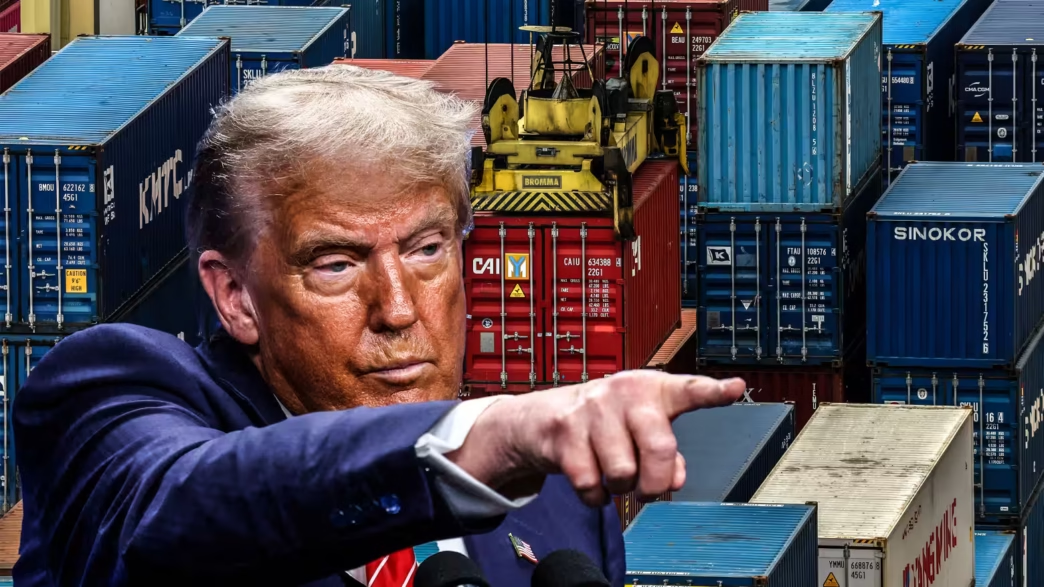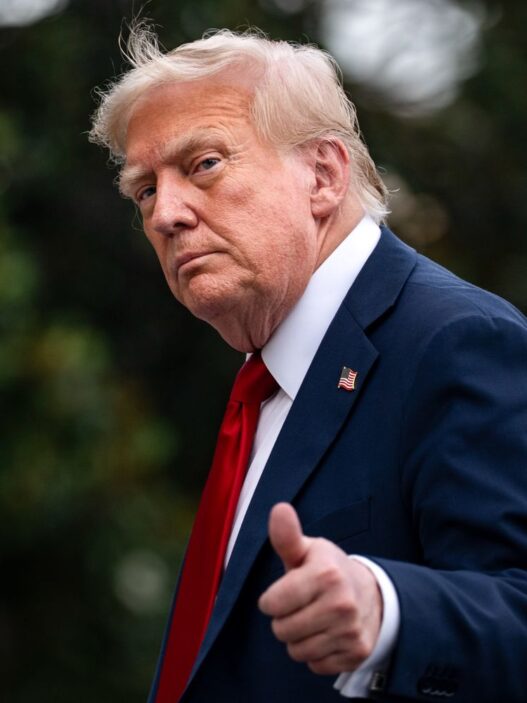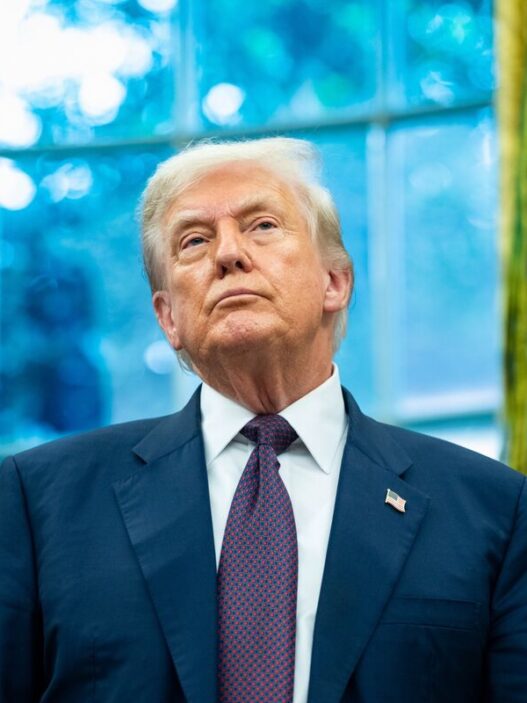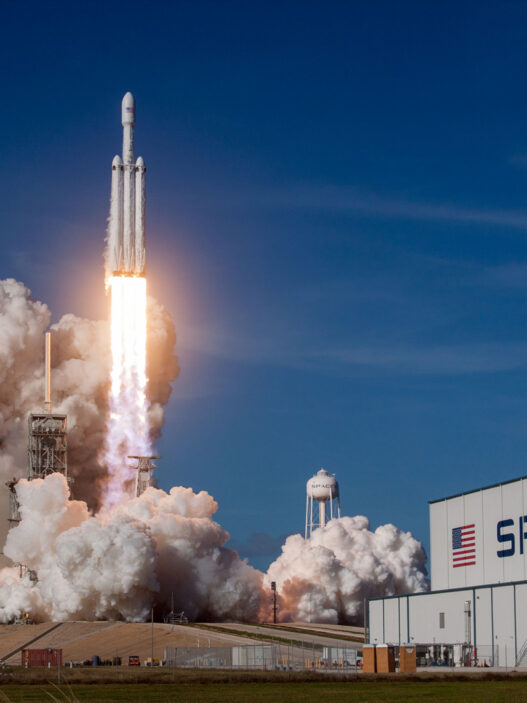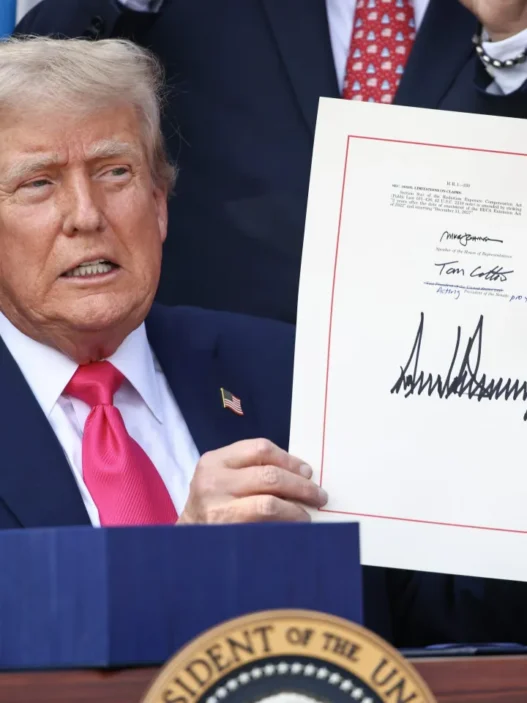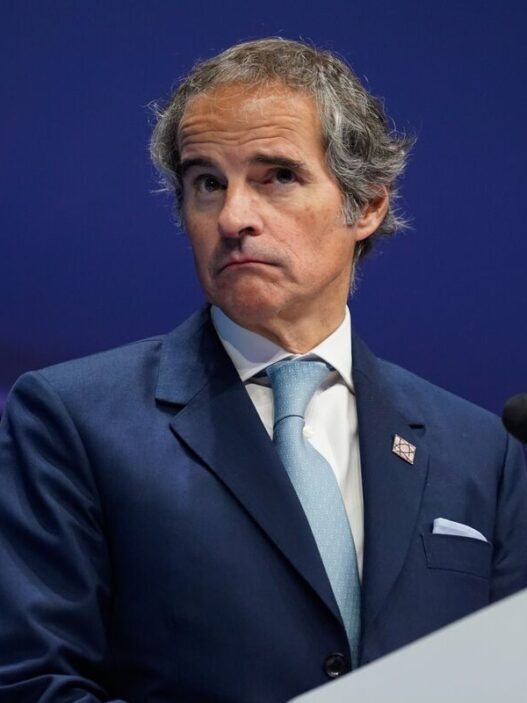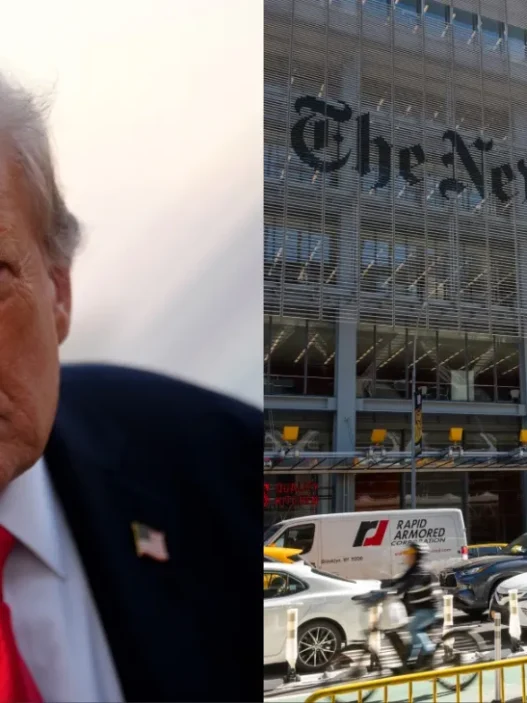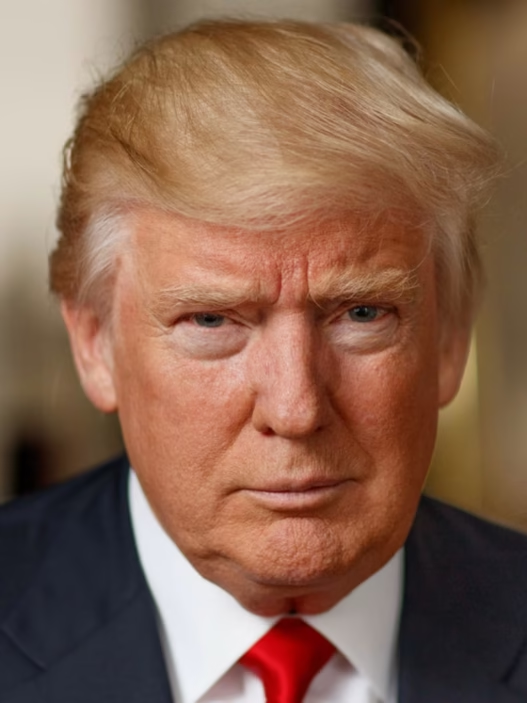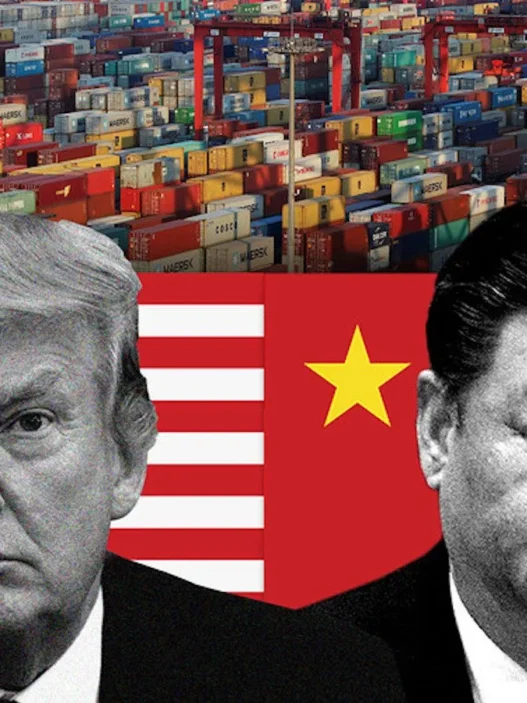President Donald Trump has intensified tariff measures on a wide range of countries and industries, triggering significant shifts in global trade dynamics. His aggressive tariff policies aim to protect domestic industries and reduce trade deficits but have also sparked tensions with key economic partners worldwide.
These increased tariffs have prompted businesses to reconsider supply chains, sourcing strategies, and market priorities, accelerating moves toward regionalization and diversification. Experts warn that while some sectors may benefit from protectionist measures, the broader impact risks slowing international trade growth and raising costs for consumers.
As global commerce adapts to this new tariff landscape, countries are exploring alternative alliances and trade agreements to mitigate disruptions. The evolving trade environment underscores the far-reaching influence of U.S. tariff policies on the interconnected world economy.









